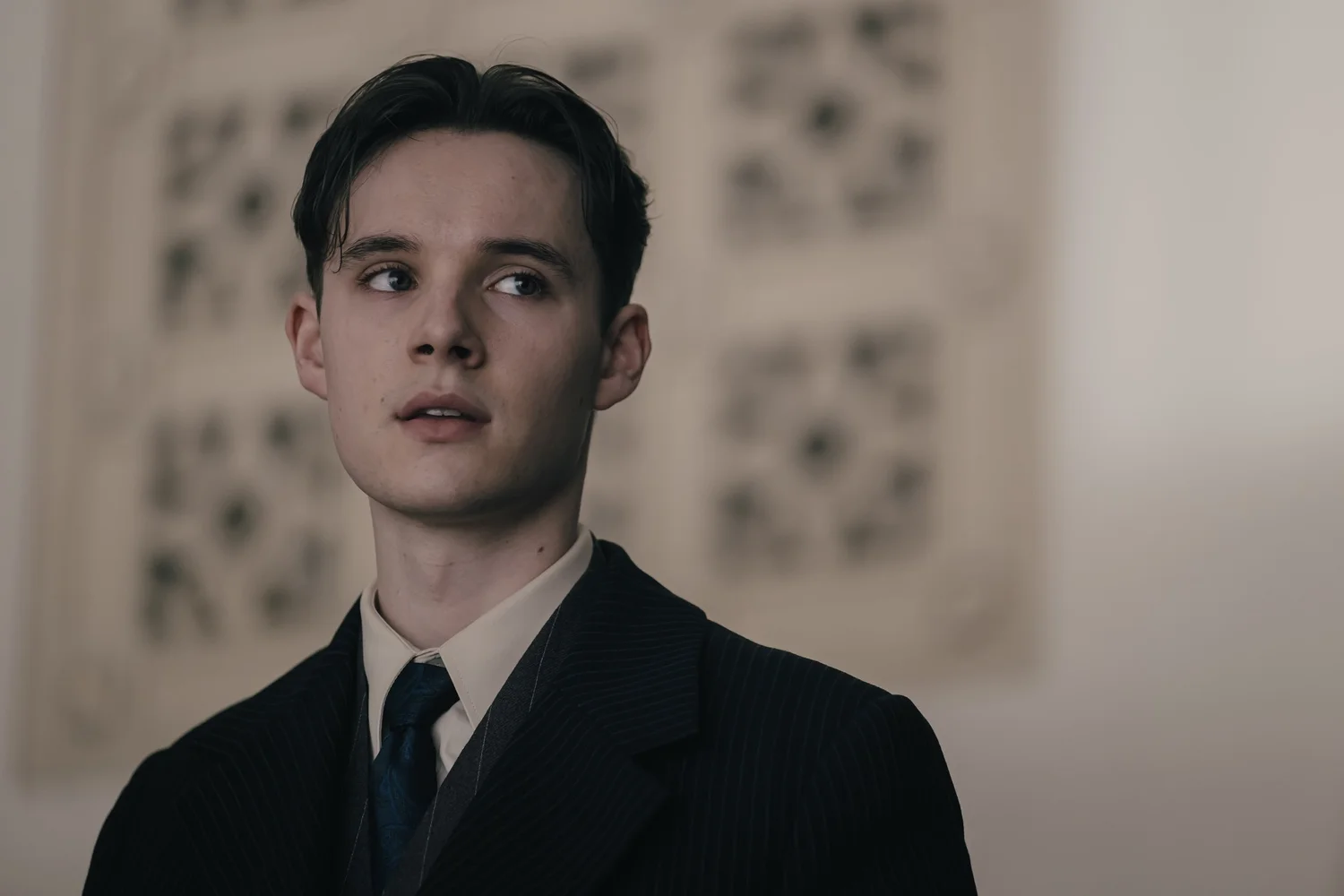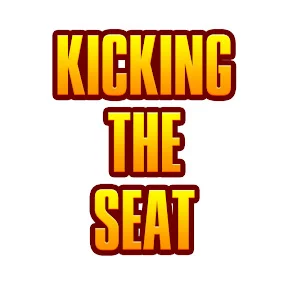Images courtesy of Angel Studios
TRUTH AND TREASON— 3 STARS
For the second year in a row, the Christian-leaning Angel Studios presents a little-known slice of World War II resistence history with the hopes of inspiring upstanding character traits and cementing artist George Santayana’s famous lesson of, “Those who cannot remember the past are condemned to repeat it.” The 2024 film Bonhoeffer told the daring feats of vocal and actionable opposition of the dissident German Lutheran pastor and theologian Dietrich Bonhoeffer. This year, Truth and Treason steps forward in limited release to present one more vital story of necessary and mindful dissent that can echo in importance more than 80 years after it happened.
Truth and Treason outlines the remarkable efforts of 17-year-old Helmuth Hübener, played by Ewan Horrocks of The Last Kingdom TV series. Born as a generational member of the Church of Jesus Christ of Latter-day Saints in the city of Hamburg, Helmuth grew up to find himself at odds with the actions and platforms of Adolf Hitler’s Nazi Party, especially after the Boy Scouts were banned in 1935, the Kristallnacht purge of Jews from their homes and businesses in 1938, and the addition of new “commandments” forced upon churches. He, like many of his fellow Latter-day Saints parishioners, needed to choose a side or declare some form of loyalty. His middle ground was taking an administration apprenticeship at the Hamburg Social Authority.
LESSON #1: BROADENING YOUR SOURCES OF INFORMATION— As a good Christian, Helmuth Hübener was already finding his theological faults in the powerful and influential Nazi movements, especially after the arrest of his longtime Jewish friend, Salomon Schwarz (Nye Occomore, making his feature film debut). Yet, the only news being printed or broadcast was their selective own, fueled by self-touting propoganda. What really opened his eyes and ears and confirmed his fears was sneaking banned books of literature from a locked archive at the Hamburg Social Authority finding an banned shortwave radio to listen nightly to “enemy” broadcasts across the North Sea from the BBC. By broadening his sources of information and doing his due diligence to educate himself, Helmuth was triggered with an intense desire for activism.
LESSON #2: CALL OUT THE MISINFORMATION— Truth and Treason spends the majority of its running time on Helmuth’s suspenseful actions to use his access to printing resources and learned skills to call out the misinformation and spread truthful effects amongst his fellow citizens. Using a borrowed typewriter and bold, red paper, Hübener began typing leaflets compellingly written with political challenges to Nazi leaders and citations from prohibited texts. With the help of lifelong friends and fellow Nazi dissenters, Karl-Heinz Schnibbe (Ferdinand McKay of Outrageous) and Rudi Wobbe (The Undeclared War’s Daf Thomas), they broke curfew rules with midnight maneuvers to spread their chain letters and physically spam Hamburg mailboxes at night. Their increasingly dangerous efforts draw the investigating ire of military man Erwin Mussener (Rupert Evans of Bridgerton and The Man in the High Castle).
What’s striking about Truth and Treason is undoubtedly its timely parallels to a present-day discourse and arguments pitting fact-based credibility being labeled as “fake news” against biased news agencies that are the true purveyors of such brainwashing hogwash. The film lionizes the power of the written word and the dedication of Christian values that should be universal values shared by all during times when free will is being lost or taken away, as it was during the Nazi prime of World War II. There’s a great line of “We cannot allow a lifetime of this learning to be lost” that feels like it inks the stamp of George Santayana’s aforementioned mantra.
With Truth and Reason, director and co-writer Matt Whitaker expands his 2002 Truth and Conviction documentary into a feature-length film applying a prudent dramatic license. The Notebook composer Aaron Zigman adds a tremendous layer of musical sweep to the proceeding with a top-shelf score—highlighted by beautiful piano solos from Jean-Yves Thibaudet. However, the real heft is the central figure. Helmuth Hübener would not live to see his 18th birthday, and the film is not shy about that tragedy, creating a difficult task for the actor playing such a martyr. Ewan Horrocks seizes the acting range to admirably portray Helmuth. Beneath his youthful visage and soft eyes is a performative spine to uphold Helmuth’s indomitable will and commitment to his cause. Through him and the bravery he exudes on-screen, audiences can find their own ignited principles.
LESSON #3: WE NEED MORE DISSENTERS— Through it all, Truth and Treason means to call on more dissenters in this world. Either in the actual moment or in hindsight later, when people learn of or reflect on time periods of war and tyranny, they raise the question of where the dissenters were. Too often, the evil majority dominates the headlines and narratives of the given political or social conflict. In those times, conscientious objectors, protesters, or flat-out opponents of resistance were needed more than ever. If it takes internal pleas like Truth and Treason and Bonhoeffer to shake folks out of the usual escapist mood and towards shifted mindsets and higher calls to action, then the cinematic experiences to tell those cautionary tales were all the more worth it.
LOGO DESIGNED BY MEENTS ILLUSTRATED (#1346)



